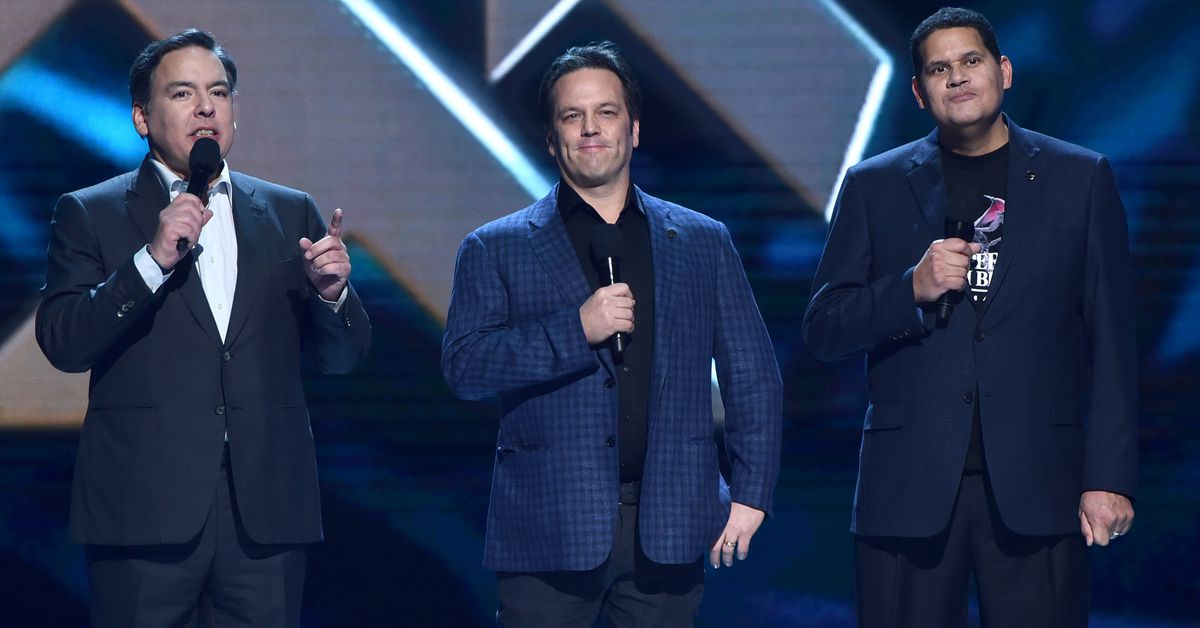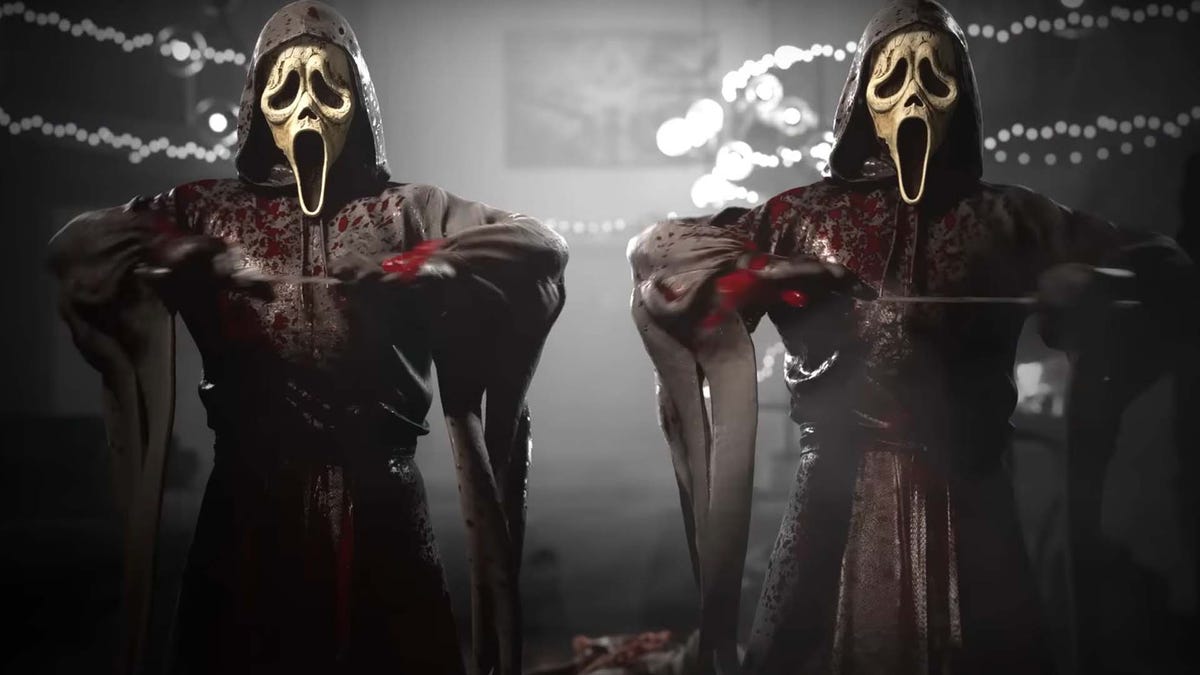In a New York Times podcast interview On Monday, Phil Spencer, the head of Xbox for Microsoft, posited another cross-platform collaboration where a ban on Xbox Live would result in similar sanctions on PlayStation Network or other online gaming services.
“It’s a tough industry,” Spencer admitted. “[but] If someone gets banned from one of our networks, can we ban them from other networks? Or at least as a player so I can bring my list of banned users because I can always block people from my game.”
Spencer’s hypothesis was among a series of intriguing remarks made to The New York Times’ Kara Swisher, and underscores his view of Xbox Live as not a social network — or at least not comparable to Facebook and Twitter. Spencer reiterated that Microsoft views Xbox Live as “not a platform for free speech,” but one based on interactive entertainment where controversy and confrontational user engagement would be “a strategy of death” for their business.
“We’re not here to allow a conversation to happen on our platform,” Spencer said. “It’s very difficult to come to Xbox Live and say, ‘Okay, I want to start a political party on the platform.’ … It’s really set up for the community around interactive entertainment and the games that run on our platform.”
Microsoft released a set of community standards in 2019 that are separate from those of the Xbox Code of Conduct, which used concrete examples to set its expectations for player behavior, guiding them to have fun and speak openly but sensibly. Light-hearted banter or even harsh but pertinent criticism of someone else’s play is acceptable. But using racial slurs, communicating physical threats, insulting a person’s gender, sexuality, or national origin are all grounds for sanctions, with repeat offenders receiving the longest bans.
The same guide follows other forms of communication on Xbox Live, such as through player gamertags, guild or clan names, or avatar pictures. In any case, the company has said it will moderate according to the spirit of its policy and not just the letter of the law. Spencer reiterated this in his discussion with Swisher, but acknowledged that “we still have a lot of work to do in this area”.
Spencer noted that Microsoft recently bought a company that developed an automated moderation toolkit that uses Xbox Live. A lot of enforcement is happening right now after players are reporting the behavior of others through tools available in the Xbox Live UI.
Elsew here, Swisher pressed Spencer on Nov. 19 when he said Xbox “evaluates all aspects of our relationship with Activision Blizzard.” Spencer was responding to another report on Call of Duty/World of Warcraft publishers, which has faced allegations of sexual harassment and discrimination and other workplace abuses since the summer. “I don’t think my job is there to punish other companies,” Spencer said.
Swisher asked why Xbox Activision doesn’t send a message like “We don’t want to do business with you unless you broadcast.” [clean] high.” Spencer asserted that the company should base its decisions on the engagement of company-level partners, rather than endorsing or disapproving specific senior executives at another company. “It’s obviously not our position to judge who the CEOs are.” said Spencer.
the rest of the interview Also discusses Spencer’s views on parental involvement in a child’s Xbox Live presence and time spent gaming. Swisher tried to get Spencer his take on the Chinese government’s new restrictions on underage children playing online games, but he would go as far as saying he didn’t think it was an effective strategy.








